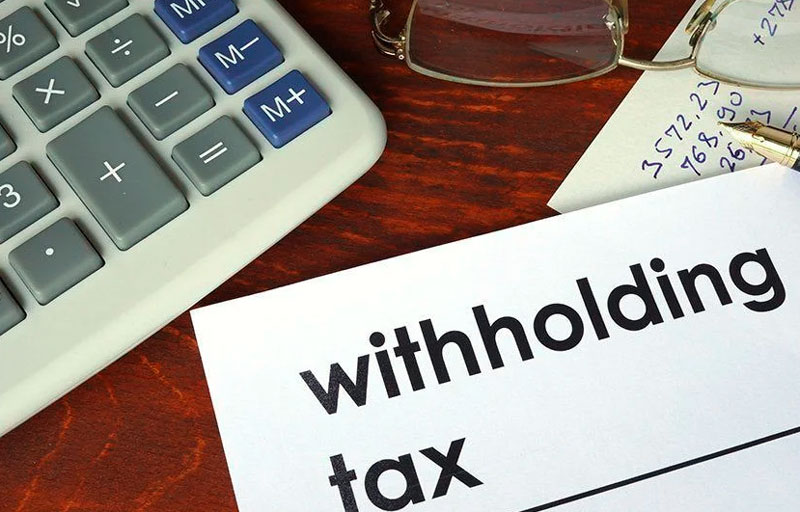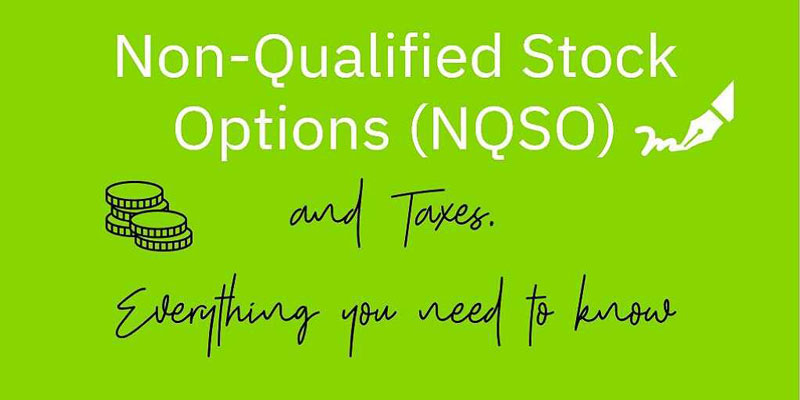When an investor withdraws, the government deducts a portion of their investment income at a predetermined tax rate to cover the potential tax liability. Payers must withhold the tax from payments that aren't exempt from it. The Internal Revenue Service (IRS) and the Canada Revenue Agency rely on backup withholding to ensure they obtain the income taxes they owe from investors' earnings.
When an investor fails to comply with requirements for submitting a tax identification,number, a backup withholding method may be used (TIN). When an investor makes a withdrawal, the amount necessary under the backup withholding tax is sent to the government, giving the taxing authority the funds they need immediately but reducing the investor's available cash in the short term.
If taxpayers do not declare all their income or give an inaccurate taxpayer identification number (TIN), they may be subject to backup withholding at 24%. Interest, dividends, and rents are just a few types of income that may be subject to backup withholding. Income such as pensions and unemployment checks are not subject to backup withholding.
Mechanisms of Data Withholding

Interest, dividends, and distributions are all systematic ways for investors to profit from their holdings. Taxes on investment income earned in a calendar year are not due until the following year, during tax time.
Therefore, investors can spend all their investment income before the annual income tax is due. In such a case, they may be unable to make their tax payments, leaving the IRS with the burdensome and costly task of recouping the money. This primary danger is what prompts be levied by financial institutions at the time investment income is collected.
The backup withholding requirement does not apply to all taxpayers. If you have provided your name and Social Security number to your payer on Form W-9 and they match the IRS's records, and the IRS has not informed you that you are subject to required backup withholding, you may be exempt from this requirement.
Taxes that must be withheld as a precaution
Here are some examples of popular forms of compensation that may be subject to backup withholding for non-exempt individuals:
If taxpayers do not adequately disclose dividend, interest, or patronage dividend income to the IRS, or if they supply an incorrect TIN, they may be liable to backup withholding. Rents, royalties, earnings, commissions, fees, and other forms of independent contractor compensation are all subject to backup withholding. When conventional withholding rates are not applied to gambling wins, the government may take a smaller portion of the money.
If a contractor or investor fails to furnish a valid TIN, the payer must withhold 24% of any payments that would otherwise be reported on Form 1099. In addition, if the IRS notifies the payer that the recipient underreported interest or dividends on their income tax returns, the payer may be forced to withhold at that rate. After 120 days, the taxpayer will be alerted four times that there is a problem and that backup withholding will be implemented.
Taxpayers can use the amount of backup withholding reported on their 1099 as a credit against their annual taxable income.
Tax Deductions Not Applied to Undisclosed Investment Income

If you or your broker have failed to record interest or dividend income from investments you own, the IRS may seek backup withholding. Due to automated reporting by most brokerage houses, this is less typical today. The Internal Revenue Service uses backup withholding to ensure it receives tax payments on revenue that an investor may have already spent before the tax bill is due. Is it a Bad Idea to Hold Off on Providing a Backup? It could be detrimental since it prevents funds from being invested elsewhere and keeps them in the hands of the Internal Revenue Service. But if you're required to have backup withholding, the IRS may send you a refund check for a portion of that amount.
In what situations does backup withholding not apply? So long as a client's TIN or SSN is on file with their broker and matches their legal name, they will not be subject to backup withholding. Income from retirement funds and unemployment benefits are also excluded.
What It Comes Down To
The IRS requires backup withholding from some types of investment income to avoid tax shortages. This practice, however, prevents the funds from being invested. As long as the brokerage has the account holder's personal information on file, including their social security number or taxpayer identification number, the account holder is exempt from backup withholding.




